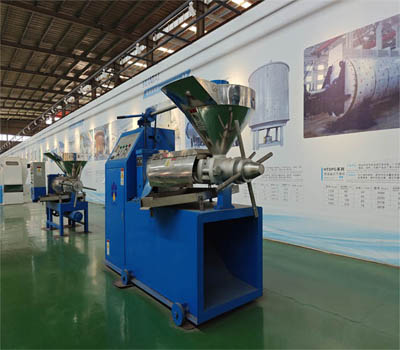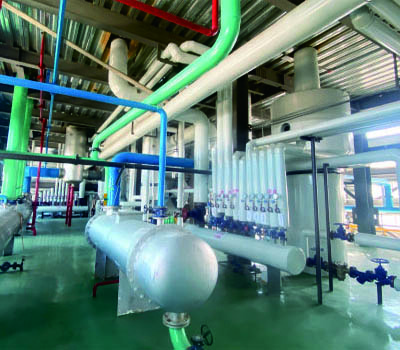Is it necessary to refine both pressing oil and solvent extraction oil?
Whether pressing oil and solvent extraction oil both need refining is a question that many people often ask when they understand the production process of edible oil. In fact, whether using pressing or solvent extraction, refining is a very important step in improving the quality and safety of edible oil.
Does the edible oil extracted by pressing need to be refined?

Pressing is a traditional oil production process that uses mechanical pressure to squeeze oil out of the oilseeds. This method usually does not involve chemical solvents and is therefore considered a more natural way to produce oil. However, crude oil extracted by pressing (i.e., untreated oil) usually contains impurities, including phospholipids, free fatty acids, pigments, waxes, and some mechanical impurities. These impurities not only affect the oil’s appearance and taste, but can also shorten its shelf life and pose potential risks to human health. Therefore, even edible oil produced by pressing needs to undergo a refining process to remove these adverse components.
Does the edible oil produced by solvent extraction need refining?

Solvent extraction is a modern oil-refining process that typically uses an organic solvent (such as n-hexane) to extract oil from raw materials. While this method offers a high oil yield, the extracted crude oil still contains impurities and may even contain traces of solvent. Therefore, crude oil produced by solvent extraction requires rigorous refining to ensure the safety and quality of the final product.
The Importance of edible oil refining:
Whether using the pressing or solvent extraction method, refining is an essential step. Refining typically includes processes such as degumming, deacidification, decolorization, and deodorization. These processes effectively remove impurities from the crude oil, making the edible oil clearer and more stable, and extending its shelf life. Refining also improves the flavor of the edible oil, making it more suitable for cooking and consumption.
Crude oil extracted by both pressing and solvent extraction requires refining to become edible oil that meets food safety standards. Although the two processes differ in their production, the refining process plays a key role in improving the quality of edible oil and protecting the health of consumers. Therefore, regardless of the oil production method chosen, refining is a crucial step that cannot be overlooked. When purchasing edible oil, consumers should also ensure that products have been properly processed and inspected to ensure food safety.
